Preferential voting system ousts half a Liberal ministry of talent
Opposition Leader Sussan Ley could be forgiven for staring forlornly at the long list of frontbench-quality Liberals who have fallen out of parliament because of the nation’s preferential voting system.
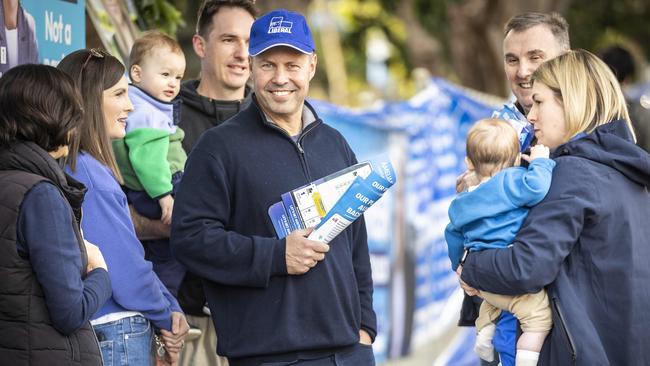
When new Opposition Leader Sussan Ley sits down to nut out her shadow ministry, she could be forgiven for staring forlornly at the long list of frontbench-quality Liberals who have fallen out of parliament because of the nation’s preferential voting system.
Preferences from Labor, the Greens and other minor parties have cost the Liberal Party half a ministry’s worth of talent across the past two elections.
Former ministers and assistant ministers Josh Frydenberg, who likely would have become leader three years ago, Peter Dutton, the man who did instead, Michael Sukkar, David Coleman, Luke Howarth and Trevor Evans have all been denied seats in parliament, despite recording the most primary votes in their electorates at the 2022 or 2025 elections.
In Mr Evans’ case, he finished first in the seat of Brisbane at both elections – more than 11,000 votes ahead in 2022, about 2400 this time – yet was defeated on preferences on both occasions.
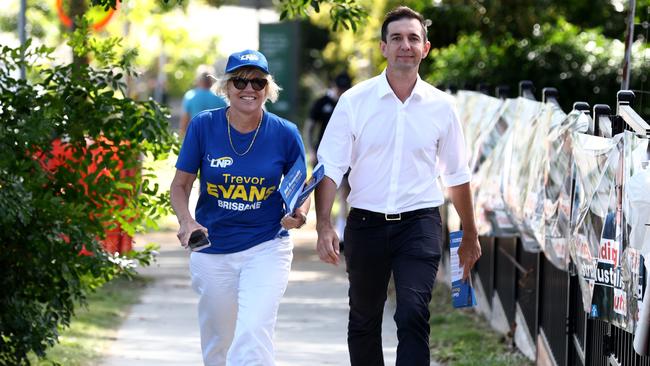
The Liberals have also lost a swag of future frontbenchers, with former ambassador to Israel Dave Sharma ousted in 2022 (but subsequently chosen a year later to fill a Senate vacancy) and Ro Knox and Amelia Hamer losing out this year.
All three would have been winners on primary votes alone.
Fifteen seats at the May 3 election – 10 per cent of all electorates – would have had a different winner had a first-past-the-post voting system been in place.
Preferences cost the Coalition 13 seats (11 Liberals, one Nationals and one Country Liberal), while Greens leader Adam Bandt and Labor’s candidate for Fowler, Tu Le, also lost despite finishing first on preferences.
Labor won nine seats because of preferences for a net gain of eight compared with a first-past-the-post result, while five independents got over the line after finishing second on primary votes. The Greens broke even.
Under a compulsory preferential system, every voter is required to nominate a full set of preferences on their lower-house ballot paper, ensuring each has a say in a contest whittled down to two candidates.
However, the distribution of preferences can lead to situations where a candidate who finishes third on preferences is lifted into the top two by preferences from candidates eliminated early in the count. On rare occasions, a third-place finisher can be elected to parliament, such as independent Andrew Wilkie at his first election in 2010 and Greens MP Stephen Bates, who lost this seat this year, in 2022.
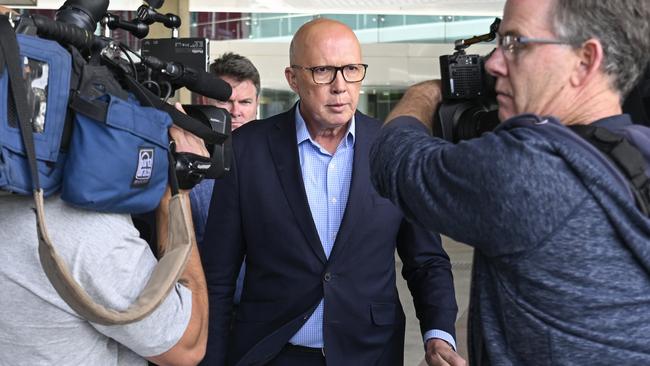
Along with former leader Mr Dutton, three other Liberal frontbenchers lost their seats at the May 3 election, despite finishing first on primary votes: Mr Sukkar (Deakin, Vic), who was spokesman for social services, the NDIS, housing and homelessness; Mr Coleman (Banks, NSW), the foreign affairs spokesman; and Mr Howarth (Petrie, Qld), the assistant Treasury spokesman. All three served in the outer ministry or as assistant ministers in Scott Morrison’s government before the 2022 election.
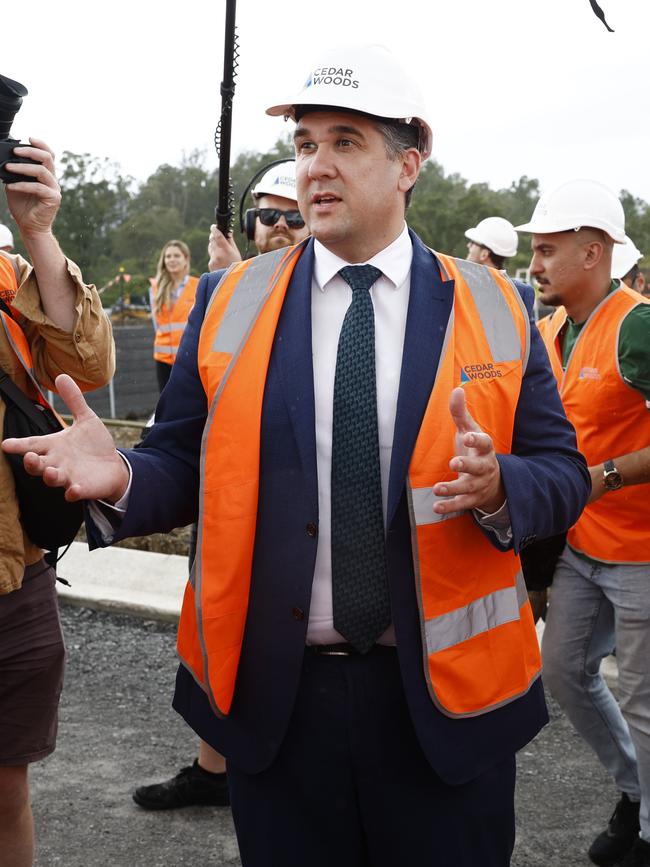
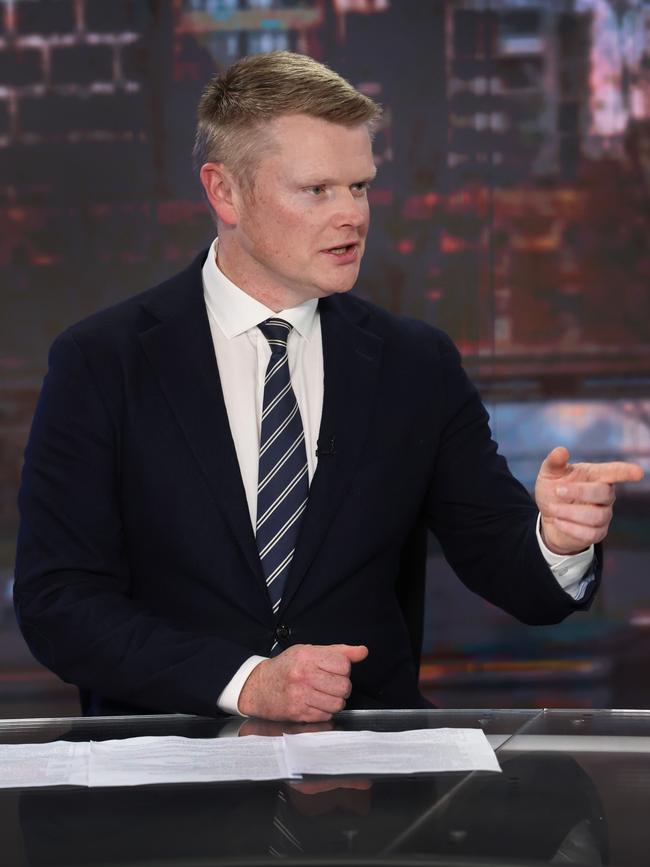
Liberal MP Keith Wolahan (Menzies, Vic), a former army officer, was also ousted from parliament after finishing with the highest primary vote in his seat.
Another six Liberal candidates finished first on preferences but were unable to win election.
Ms Knox (Wentworth, NSW), Ms Hamer (Kooyong, Vic) and Tom White (Curtin, WA) all out-polled their teal opponents but Labor and Greens preferences lifted their respective opponents – Allegra Spender, Monique Ryan and Kate Chaney – to victory.
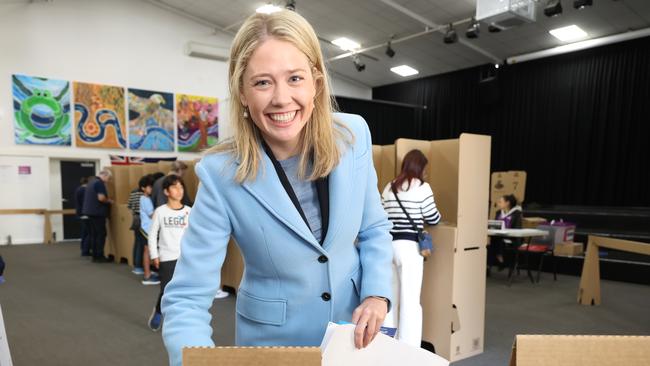
In Aston, Liberal candidate Manny Cicchiello narrowly finished ahead of Labor’s Mary Doyle but fell short of winning back the eastern Melbourne seat lost in 2023 in a rare by-election victory for a government.
And while Mr Evans (Brisbane, Qld) and Maggie Forrest (Ryan, Qld) won the most primary votes in their bids to win back seats lost to the Greens in 2022, neither was ultimately successful, with Labor claiming Brisbane and Greens MP Elizabeth Watson-Brown narrowly holding on to Ryan.
At the 2022 election, preferences had a profound impact on the make-up of the 47th parliament.
On a first-past-the post count, Labor would have fallen short of a majority with 72 seats instead of the 77 they actually won.
The Coalition would have also finished on 72 and the crossbench would have numbered seven rather than 16.
While only one teal MP – Zali Steggall – would have been elected on first preferences in 2022, two finished first in 2025: Ms Steggall and Mackellar MP Sophie Scamps.
The Greens would have still had one lower-house MP under a first-past-the-post system, but it would have been Mr Bandt (Melbourne, Vic) rather than Ms Watson-Brown.
The Nationals would have reclaimed Calare in central NSW on primary votes, with candidate Sam Farraway finishing ahead of sitting member Andrew Gee, who won in 2022 as a Nationals MP but quit the party mid-term and moved to the crossbench. Preference flows from teal candidate Kate Hook as well as from Labor and the Greens comfortably lifted Mr Gee to victory.
The Country Liberals’ Lisa Bayliss would have won the Darwin seat of Solomon from Labor if primary votes were the sole determiner.
Mr Dutton’s defeat in Dickson, despite finishing about 1200 votes ahead of Labor’s Ali France, made him the first major party leader to lose his seat since John Howard in 2007.
The former Liberal prime minister lost Bennelong as his government was swept from power, despite finishing 143 votes ahead of his conqueror, Labor’s Maxine McKew.


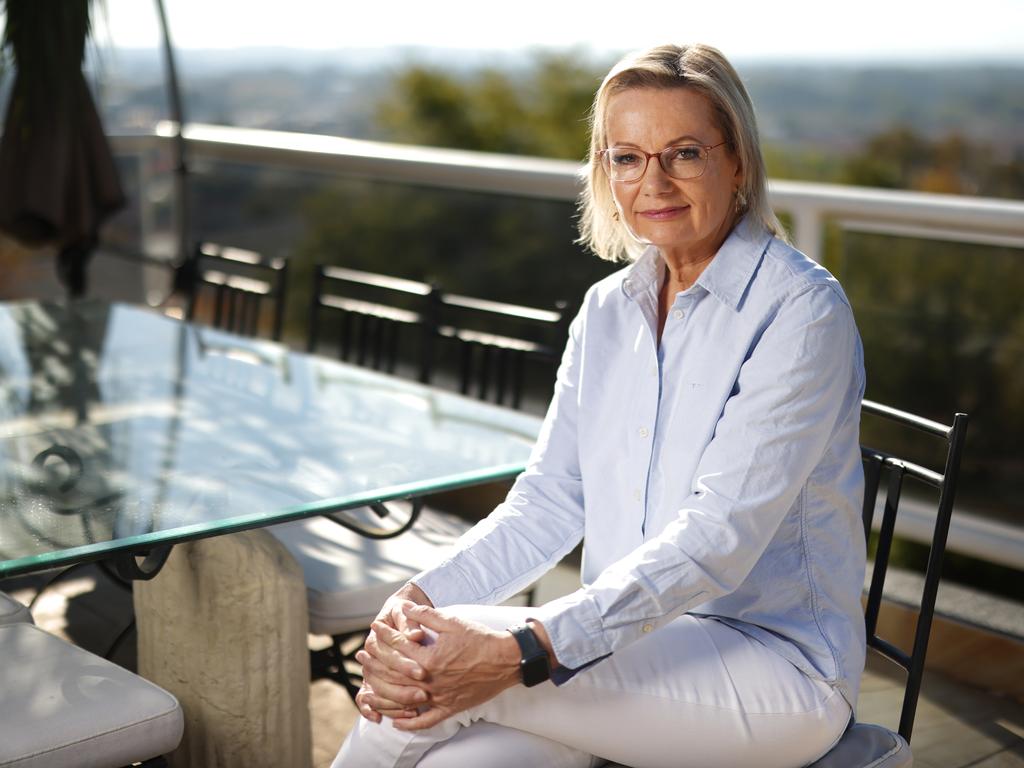
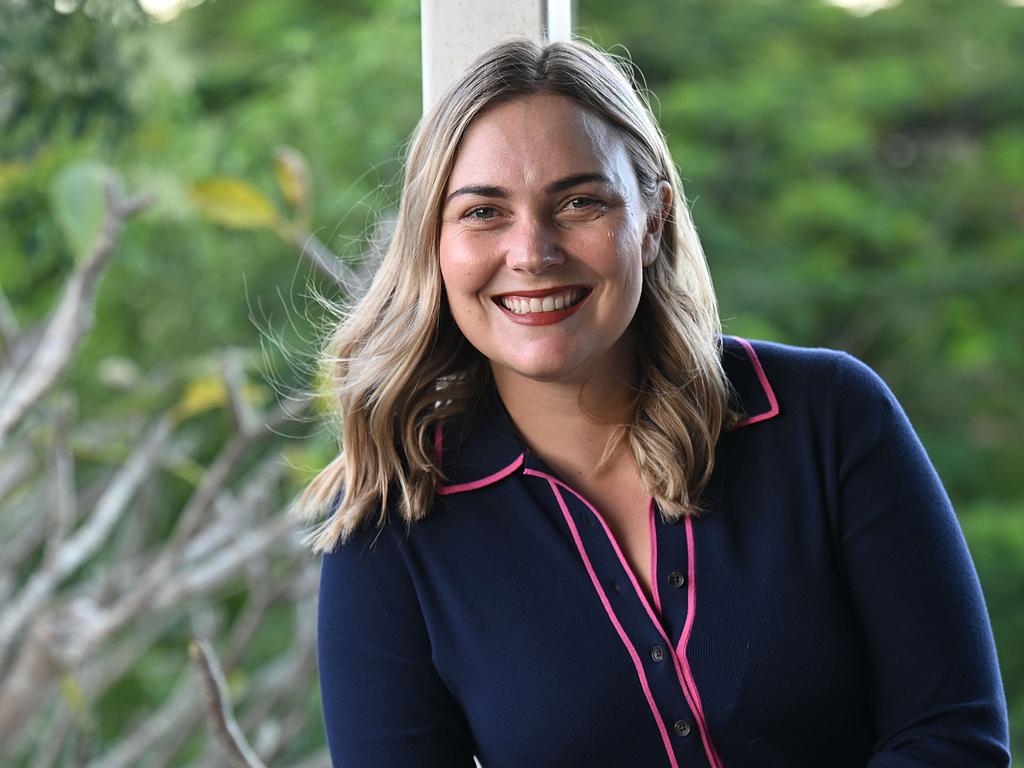
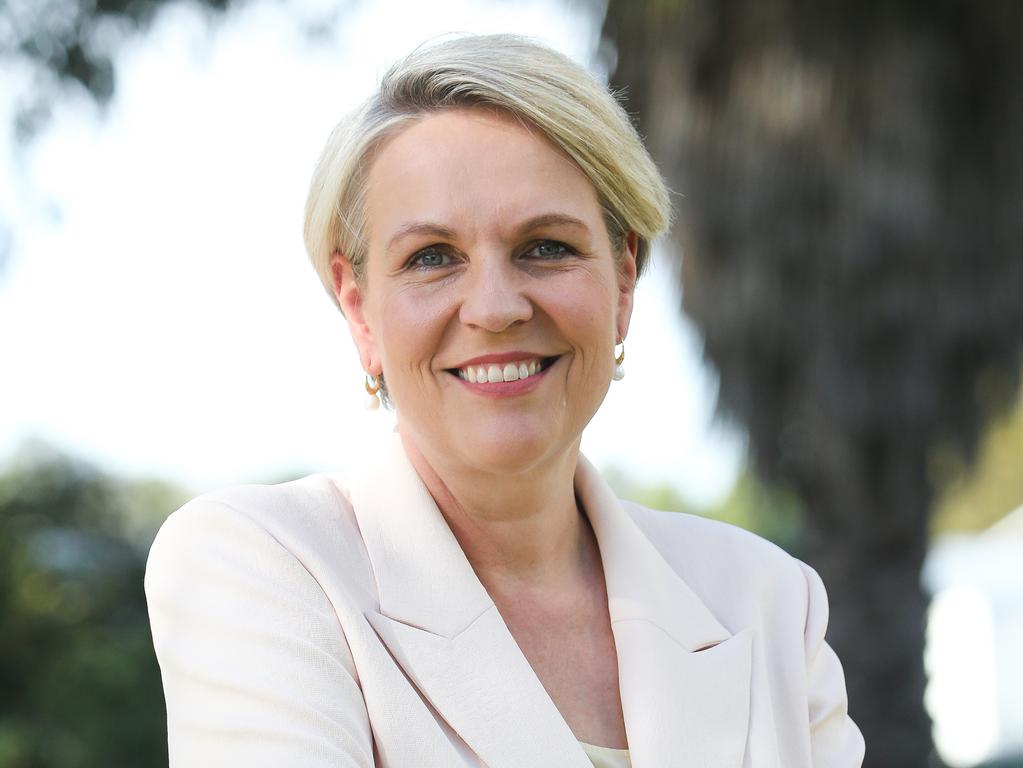
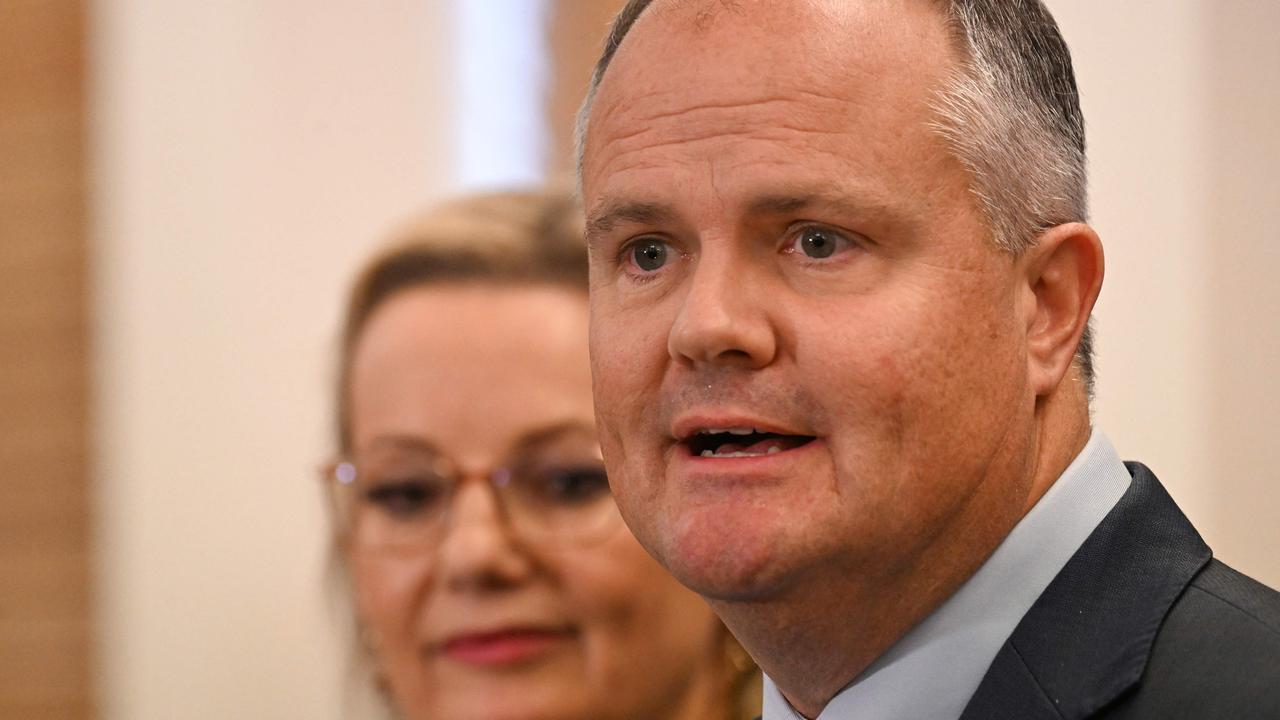
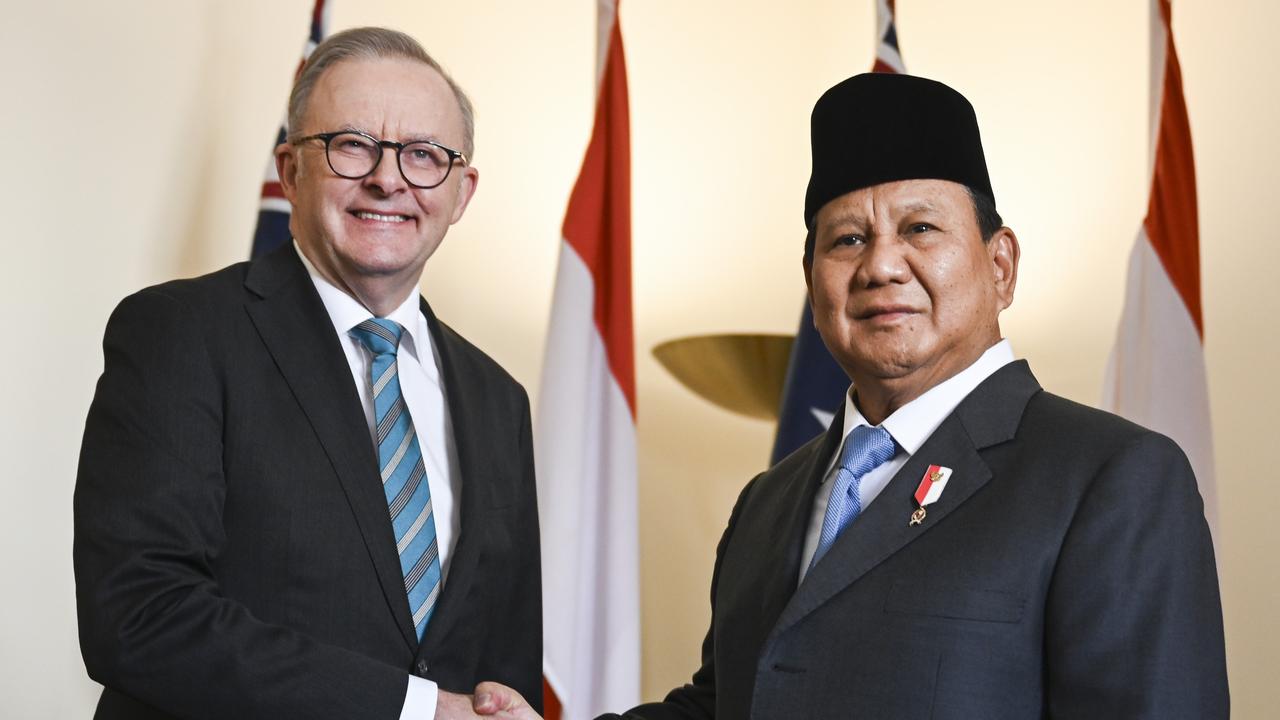
To join the conversation, please log in. Don't have an account? Register
Join the conversation, you are commenting as Logout